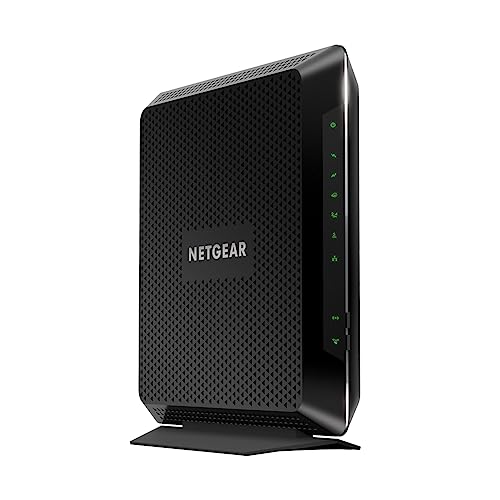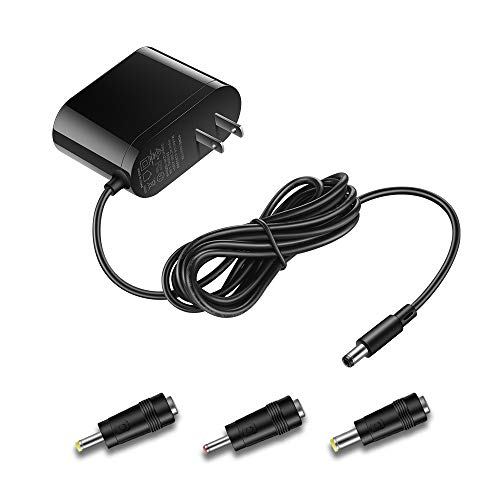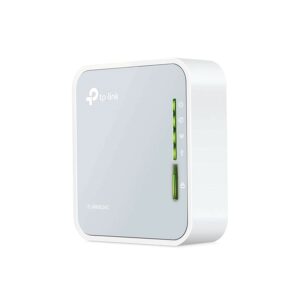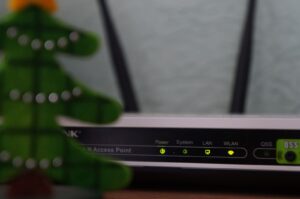In today’s fast-paced and digitally connected world, wireless adapters serve as the linchpin of our connectivity, enabling seamless access to the vast expanse of the internet. Whether it’s streaming your favorite shows, engaging in online gaming, or conducting business remotely, the right wireless adapter can make all the difference in ensuring a smooth and reliable connection.
In this comprehensive guide, we embark on a journey to unravel the intricacies of wireless adapters, exploring the diverse landscape of options available to users. From the compact convenience of USB adapters to the robust performance of PCI and PCIe solutions, each type offers a unique blend of features and benefits designed to meet the diverse needs of modern users.
By delving into the nuances of each type of wireless adapter, we aim to empower you with the knowledge needed to make informed decisions about their connectivity needs. Throughout this guide, we’ll provide insights into the pros and cons of each type, as well as practical use cases to illustrate how they can enhance your digital experience.
By the end of this article, you’ll have gained a deeper understanding of the different types of wireless adapters available on the market and be equipped with the insights necessary to select the perfect adapter to suit your specific requirements.
- Compatible with major cable internet providers including Xfinity, Spectrum, Cox and more. NOT compatible...
- [Compatibility] 12V Power Supply Adapter Compatible with Netgear, Linksys, Asus,Motorola, Motorola/Arris...
Let’s dive in and unravel the world of wireless connectivity together.
Types of Wireless Adapters
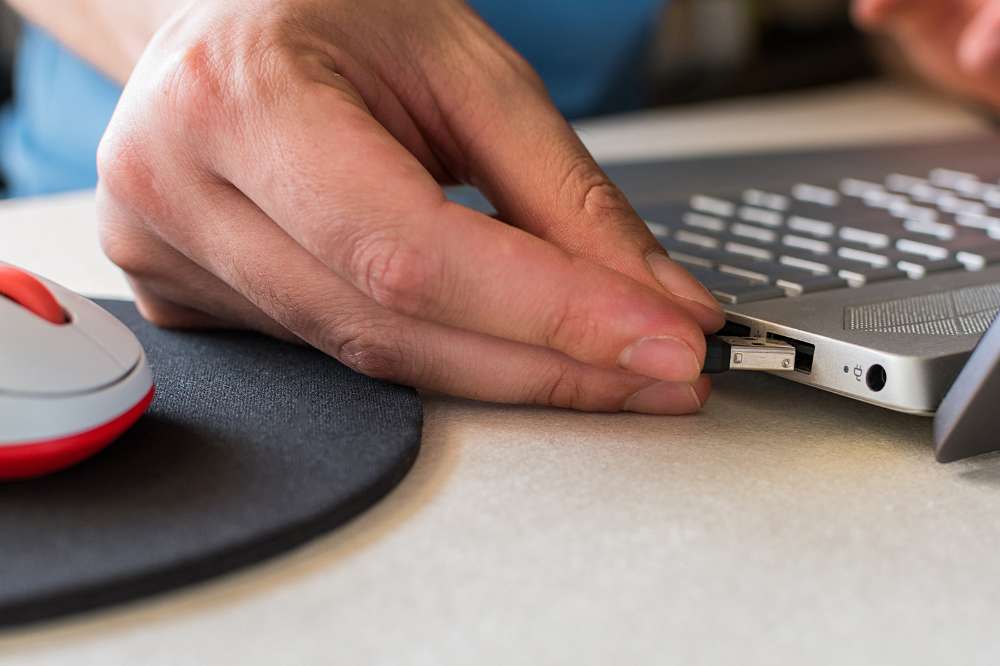
Wireless adapters come in various forms, each offering unique features and functionalities to meet the diverse needs of users. Understanding the differences between these types is essential for selecting the right adapter to suit your connectivity requirements.
Let’s explore the main types of wireless adapters:
1. USB Wireless Adapters:
USB wireless adapters are among the most popular options available, known for their plug-and-play functionality and portability. These compact devices plug directly into a USB port on your computer or laptop, providing instant access to wireless networks. USB adapters are ideal for users who require flexibility and mobility, allowing them to easily switch between devices or take their wireless connection on the go.
While they may offer convenience and ease of use, USB adapters may have limitations in terms of range and performance compared to internal solutions.
2. PCI Wireless Adapters:
PCI wireless adapters are internal expansion cards that are installed directly onto the motherboard of a desktop computer. These adapters offer a more permanent and robust wireless solution, providing superior performance, extended range, and stability.
Unlike USB adapters, PCI adapters are not susceptible to interference or signal loss, making them ideal for users who demand high-speed and reliable connectivity for gaming, streaming, or other bandwidth-intensive tasks.
While the installation process may require technical expertise and opening the computer case, the payoff is well worth it for users seeking maximum performance.
3. PCIe Wireless Adapters:
PCIe wireless adapters represent the pinnacle of wireless performance and reliability. Similar to PCI adapters, PCIe adapters are installed internally onto the motherboard but utilize the PCIe interface for faster data transfer speeds and lower latency. These adapters are designed for enthusiasts, gamers, and power users who require maximum bandwidth and reliability for demanding applications.
Whether you’re gaming, streaming, or transferring large files, PCIe adapters deliver unparalleled performance and low latency for an optimal connectivity experience.
Each type of wireless adapter offers its own set of features, benefits, and use cases. By understanding the differences between USB, PCI, and PCIe adapters, you can choose the option that best suits your specific requirements and preferences.
Whether you prioritize portability, performance, or reliability, there’s a wireless adapter out there to enhance your connectivity experience.
Pros and Cons of Wireless Adapters
Understanding the advantages and disadvantages of each type of wireless adapter is crucial for making informed decisions about your connectivity needs. Let’s delve into the pros and cons of USB, PCI, and PCIe wireless adapters:
Pros and Cons of USB Adapters:
Pros of USB Adapters:
- Portability: USB wireless adapters are compact and portable, making them ideal for users who require flexibility and mobility.
- Ease of Use: These adapters offer plug-and-play functionality, allowing for quick and easy setup without the need for internal hardware installation.
- Compatibility: USB adapters are compatible with a wide range of devices, including laptops, desktops, and gaming consoles.
- Affordability: USB adapters are often more affordable than their internal counterparts, making them a cost-effective solution for casual users.
Cons of USB Adapters:
- Limited Performance: USB adapters may have limitations in terms of range and performance compared to internal solutions, resulting in slower connection speeds and weaker signals.
- Susceptibility to Interference: External USB adapters are more susceptible to interference and signal loss, particularly in crowded Wi-Fi environments.
- Durability: USB adapters are more prone to damage or loss due to their external design, especially when used in portable setups.
- Limited Range: Due to their compact size and external placement, USB adapters may have limited range compared to internal solutions.
Pros and Cons of PCI Adapters:
Pros of PCI Adapters:
- Superior Performance: PCI wireless adapters offer superior performance, extended range, and stability compared to USB solutions, resulting in faster connection speeds and stronger signals.
- Stability: Internal PCI adapters are less susceptible to interference and signal loss, ensuring a reliable and uninterrupted connection for gaming, streaming, and other bandwidth-intensive tasks.
- Security: PCI adapters offer enhanced security features, such as WPA encryption, to protect your wireless network from unauthorized access.
- Future-Proofing: PCI adapters are compatible with the latest wireless standards and technologies, ensuring long-term compatibility and support for future upgrades.
Cons of PCI Adapters:
- Complex Installation: Installing a PCI adapter requires opening the computer case and slotting the card into a PCIe slot, which may be daunting for users without technical expertise.
- Lack of Portability: Once installed, PCI adapters are fixed in place and cannot be easily moved between devices or locations.
- Compatibility Issues: PCI adapters may not be compatible with all motherboard models or form factors, limiting their compatibility with certain systems.
- Higher Cost: PCI adapters are often more expensive than USB solutions, particularly for high-end models with advanced features and capabilities.
Pros and Cons of PCIe Adapters:
Pros of PCIe Adapters:
- Maximum Performance: PCIe wireless adapters offer maximum performance, speed, and reliability for demanding applications, making them ideal for gaming, streaming, and large file transfers.
- Low Latency: PCIe adapters offer minimal latency, ensuring smooth and responsive gameplay and streaming experiences.
- Future-Proofing: Like PCI adapters, PCIe adapters are compatible with the latest wireless standards and technologies, providing long-term compatibility and support for future upgrades.
- High Bandwidth: PCIe adapters support high-bandwidth applications, allowing for simultaneous streaming, gaming, and downloading without compromising performance.
Cons of PCIe Adapters:
- Limited Compatibility: PCIe adapters require an available PCIe slot for installation, which may not be available on all motherboard models or form factors.
- Complex Installation: Installing a PCIe adapter requires opening the computer case and inserting the card into a PCIe slot, which may be challenging for users without technical expertise.
- Higher Cost: PCIe adapters are typically more expensive than USB and PCI solutions, particularly for high-end models with advanced features and capabilities.
- Fixed Configuration: Once installed, PCIe adapters are fixed in place and cannot be easily moved between devices or locations.
Use Cases of Wireless Adapters
Understanding the practical applications and scenarios for each type of wireless adapter is essential for choosing the right solution to meet your connectivity needs. Let’s explore some common use cases for USB, PCI, and PCIe wireless adapters:
Use Cases for USB Adapters:
- Travel and Mobility: USB adapters are perfect for users who require on-the-go connectivity, such as travelers or students. Whether you’re working from a coffee shop, hotel room, or airport lounge, USB adapters offer convenient access to wireless networks without the need for bulky equipment.
- Multiple Device Connectivity: USB adapters are ideal for users who need to connect multiple devices to a single adapter. Whether you’re sharing internet access with family members or connecting peripherals to your computer, USB adapters offer versatility and flexibility.
- Temporary Setups: USB adapters are well-suited for temporary or ad-hoc setups, such as presentations, meetings, or events. Their plug-and-play functionality allows for quick and easy setup without the need for complex configuration or installation.
Use Cases for PCI Adapters:
- Gaming and Streaming: PCI adapters are perfect for gamers and streamers who demand high-speed and reliable connectivity for lag-free gaming and streaming experiences. Whether you’re competing in online matches or broadcasting live gameplay, PCI adapters offer superior performance and stability.
- Home and Office Networking: PCI adapters are ideal for users who require a permanent and high-speed wireless connection for home or office networking. Whether you’re working remotely, attending virtual meetings, or accessing cloud-based services, PCI adapters provide the reliability and stability needed for productivity.
- Media Center PCs: PCI adapters are well-suited for media center PCs used for streaming movies, TV shows, and music. Their extended range and stability ensure smooth and uninterrupted streaming experiences, even in areas with poor Wi-Fi coverage.
Use Cases for PCIe Adapters:
- Enthusiast Gaming and Content Creation: PCIe adapters are perfect for enthusiasts, gamers, and content creators who demand maximum performance and reliability for gaming, streaming, and large file transfers. Whether you’re editing videos, rendering 3D graphics, or playing competitive online games, PCIe adapters offer unrivaled speed and stability.
- High-Performance Networking: PCIe adapters are ideal for users who require maximum bandwidth and low latency for demanding applications, such as data centers, server rooms, or enterprise networks. Their high-speed connectivity ensures fast and efficient data transfer, even under heavy load conditions.
- Future-Proofing: PCIe adapters are future-proof, offering compatibility with the latest wireless standards and technologies for years to come. Whether you’re upgrading your system or investing in new technology, PCIe adapters provide long-term support and reliability for your connectivity needs.
Conclusion
The world of wireless adapters offers a diverse array of options tailored to meet the unique needs and preferences of users. Whether you prioritize portability, performance, or reliability, there’s a wireless adapter solution available to enhance your connectivity experience.
From the compact convenience of USB adapters to the robust performance of PCI and PCIe solutions, each type offers its own set of features, benefits, and use cases. By understanding the differences between these types and weighing the pros and cons, you can make informed decisions to select the perfect adapter to suit your specific requirements.

